Professor Gita Mishra is an internationally recognised expert in epidemiology and women’s health. She’s an advisory board member of the Heart Foundation in Queensland and Director of the Australian Women and Girls Research Centre where she leads the Australian Longitudinal Study on Women’s Health.
She spoke to Menopause Friendly Australia’s Grace Molloy about the subject of cardiovascular health during menopause and beyond, which was the theme of World Menopause Day 2023.
Grace Molloy: Tell us more about the link between menopause and heart health?
Professor Gita Mishra: First, let’s start with menopause and how we define it, which is after we have had no periods for 12 months. However, some people have a surgical or medical menopause when their ovaries are removed, and these women will experience instant menopause.
We also need to consider that 20% of women will have a hysterectomy, which is when they have their uterus removed. We don’t know when they will go through menopause as they are no longer having periods, but the ovaries are still producing oestrogen. What we do know is they will have an earlier menopause.
Some will also have a premature menopause, before age 40, which affects about 2% of women, while 8% will have an early menopause, before the age of 45.
In terms of heart health, it’s important to know that menopause doesn’t cause heart disease.
What we do know is that menopause and the age we reach it is associated with cardiovascular risk. Women who have premature or early menopause will have a higher risk of cardiovascular disease later in life.
One of the culprits here could be genetics. There is a genetic variant associated with early menopause and this particular gene is also associated with cardiovascular disease. Also, some studies have shown that women who have a high risk of cardiovascular disease can have an earlier menopause.
Grace Molloy: Are there any signs we are going into early menopause?
Professor Gita Mishra: During perimenopause there will be a lot of irregularity in periods. Other symptoms include vasomotor symptoms (hot flushes and night sweats), joint pain, and headaches.
Grace Molloy: What can we do at this time of life to look after our heart health?
Professor Gita Mishra: There are lifestyle changes which can make a positive impact, such as quitting smoking, eating a healthy diet, drinking in moderation and increasing your exercise and activity. These are good for all chronic health conditions, not just for heart health.
Those who have a genetic predisposition to early menopause and cardiovascular disease may need further support. Talk to your GP and make sure your health is being monitored, as there are medications which can help to reduce the risk of cardiovascular disease.
Grace Molloy: What are some of the signs of heart attack in women?
Professor Gita Mishra: Men and women experience chest pain and tightness. Women can get quite subtle symptoms, such as jaw pain, back pain, nausea, fainting and shortness of breath. It is important to be aware of these, as women often present to hospital late.
Grace Molloy: There are Medicare-funded heart health checks we can all access now, aren’t there?
Professor Gita Mishra: Yes, from age 45 and I’d encourage everyone to do this as it’s a straightforward process with your GP.
Grace Molloy: What are some of the gaps in menopause research?
Professor Gita Mishra: I would like to know more about perimenopause. We don’t have clear data on how long it lasts. Studies say from 12 months to a few years but it would be good to know if the duration of perimenopause impacts our future cardiovascular risk. For women who have early menopause, do they have a longer or shorter perimenopause? We also know that cardiovascular disease is associated with depression. Some women get depression during menopause, so does this play a role?
We are currently running a menopause research priority setting programme called MAPS, the plan is to get everyone across the world to give their priority for menopause research. This is the first of its kind, consumer driven, to make it as relevant as possible.
To improve the lived experience of those going through menopause, and to help everyone be a supportive colleague, partner, friend or family member, education is key. Workplaces can take an education-first approach, talking to their people about what they’re experiencing and what they would like to see in your organisation. Look at what you can do to actively support your workforce, and make it official with a policy, document or toolkit that everyone knows about and can access.
Menopause Friendly Australia works with organisations committed to becoming menopause friendly, guiding them through approaches in key areas of the workplace. Once an organisation meets the rigorous criteria for approval, they will be accredited as Menopause Friendly. Get in touch today to find out how we could help your organisation.



